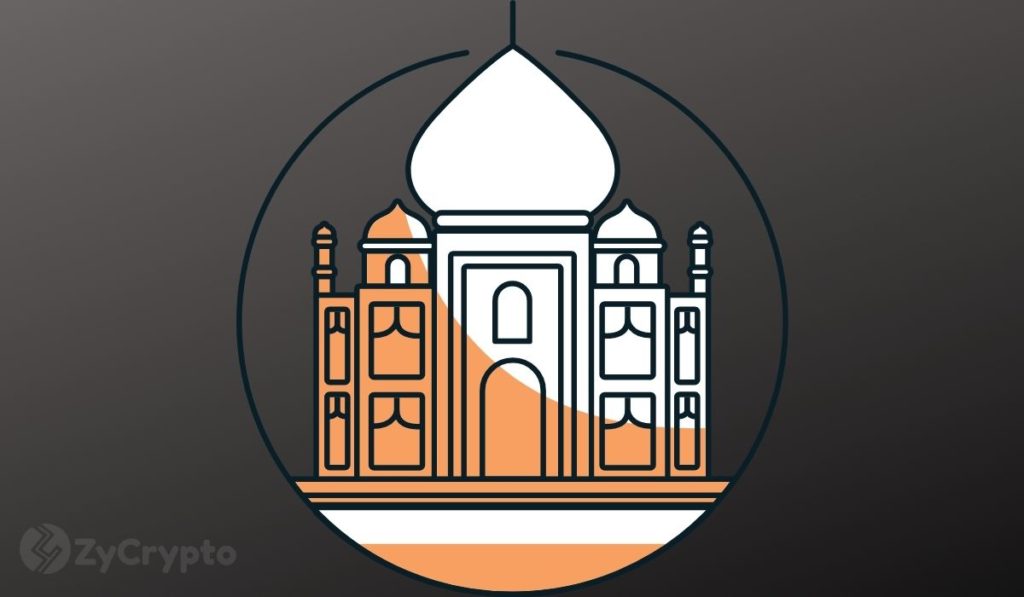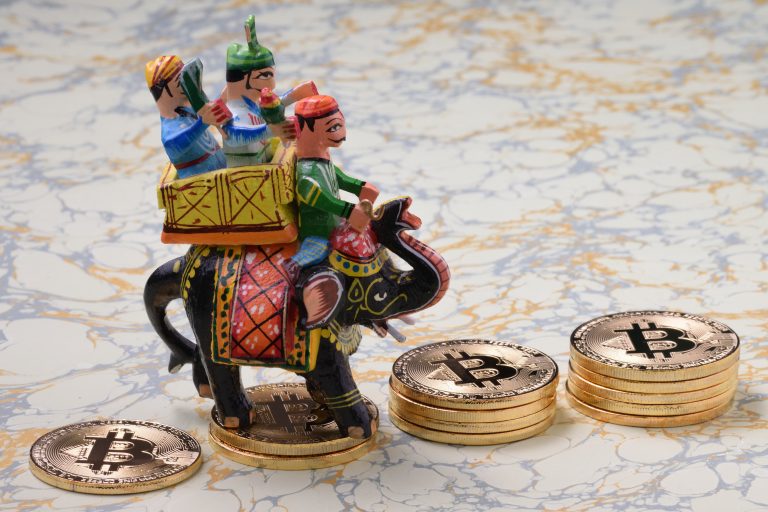
2021-7-30 18:19 |
The Indian government is in complete denial about cryptocurrencies. Replying to a question by a member of parliament (MP), Finance Minister Nirmala Sitharaman informed parliament on July 27 that the Indian government does not collect any data on the cryptocurrency market.
She said the government does not have information about the exact number of cryptocurrency exchanges or investors in the country. She also said that her ministry has not received any information on whether these exchanges are being used for money laundering and drug trafficking.
An MP from her party, BJP, in the Upper House (Rajya Sabha) of the parliament, had asked if the government had any knowledge about the number of crypto exchanges in the country. In response, the finance minister said, “This information is not collected by the Government.”
Replying to another question by the same BJP MP, Sushil Kumar Modi, she said cryptocurrency investors who bought the coins outside India will not have to pay an Equalization Levy. Sitharaman said, “Equalization levy is imposed on e-commerce operators, not on the investor.”
India, in 2016, introduced a 6% equalization levy on online advertisements by Google, Facebook, and similar foreign companies that earned revenue through online advertisements from Indian customers. In 2020, the government widened the scope of the Equalization Levy to include e-commerce platforms that remained largely unaffected by the pandemic. In recent months, it was argued that the government might impose an Equalization Levy on digital coins bought outside India. But the latest statements from the finance minister put the speculation to rest.
However, the finance minister’s statement that her ministry has not received any information regarding drug trafficking and money laundering being conducted through crypto exchanges does not seem to align with available facts. The finance ministry has raised these concerns, including that of terror funding, in the past as part of its argument to ban cryptocurrencies.
Sitharaman’s assertions that the government does not collect data about crypto markets and exchanges in the country also do not seem to fit with available facts. In January this year, the Enforcement Directorate (ED), an agency that tracks financial crimes, charged top crypto exchange WazirX with violation of foreign exchange laws involving Rs 2700 crore ($360 million).
Over the past few weeks, there were quite a few significant developments that indicate that the stand of the Indian government towards cryptocurrencies has softened. The government had prepared a draft bill and was planning to introduce it to parliament for debate in February this year. As per this bill, India was going to ban cryptocurrencies and bring in its official digital coin. But the bill has yet not been introduced to the parliament even in the third successive session.
Last week, the central bank unveiled its plans to bring in CBDC in a phased manner.
As per industry estimates, India has over 15 million crypto investors who have invested about $2 billion in crypto assets. Also, a few Indian crypto startups such as Polygon (Matic) have hogged the international limelight. Given the increasing popularity of digital coins, the government is believed to have toned down its opposition to cryptocurrencies.
However, the official stand does not seem to have changed. The latest statements from the finance minister underscore this.
origin »Bitcoin price in Telegram @btc_price_every_hour
Indian Rupee (INR) íà Currencies.ru
|
|








